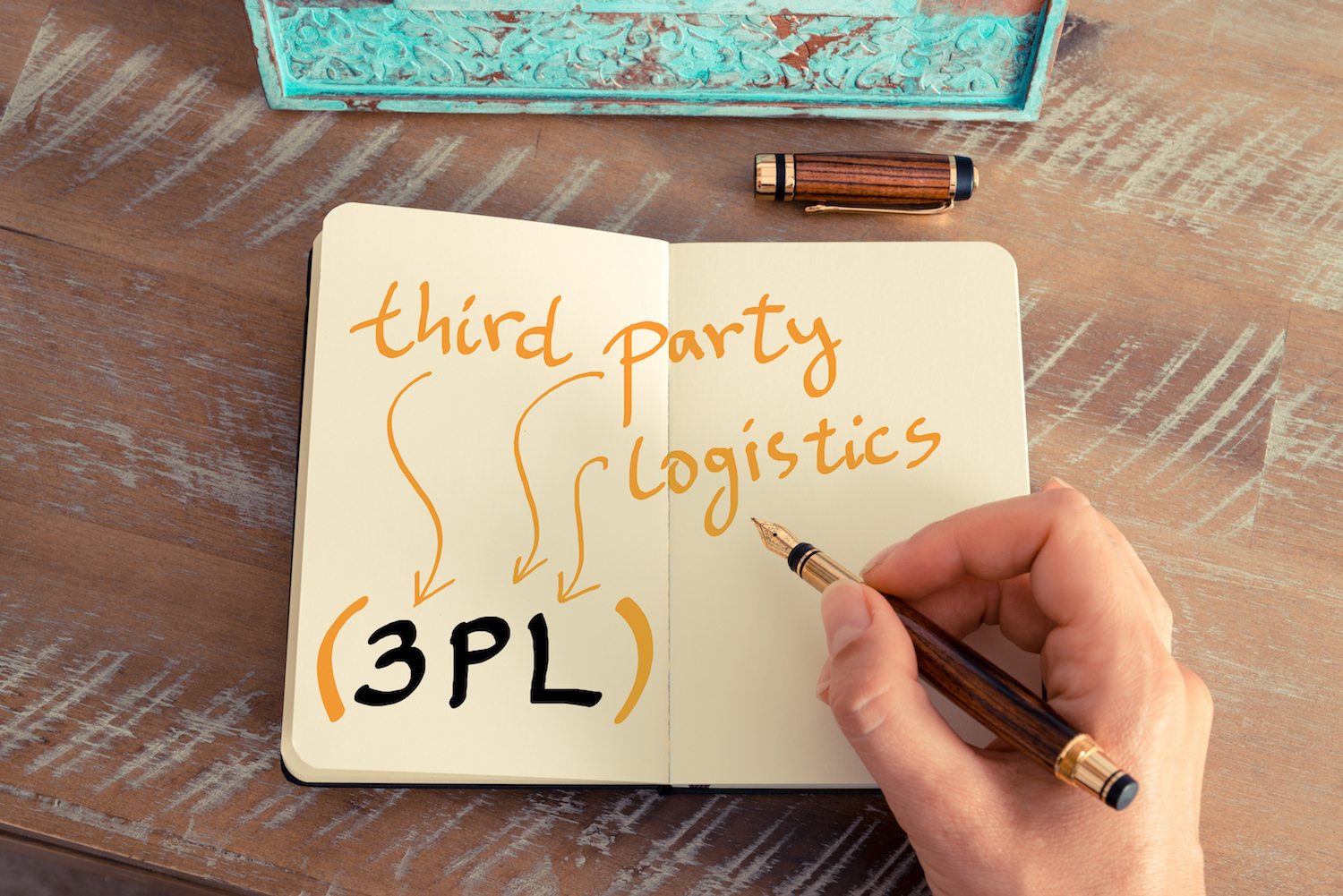The Effect of CETA on Companies Who Use 3PLs
International free-trade agreements are like the icing on the cake for businesses who use third-party logistics (3PL) companies. If your business has made the decision to outsource some or all of your logistics to a 3PL, or you’re considering the benefits of doing so, then your logistics requirements have reached a point where the advantages of outsourcing can far outweigh the costs.
The icing happens when, as Canada enters into free-trade pacts with other countries or regions, your business is ideally positioned to scale its requirements to let it quickly and easily take advantage of the tariff and tax reductions the trade pact puts into play.
When the Logistics ‘Icing’ Gets Bumpy
The North American Free Trade Agreement (NAFTA) is the most important free-trade pact Canada has mainly because it is between us and our continental neighbours and biggest trading partners.
And then came Donald Trump. One of the first announcements he made after his election was that he would renegotiate NAFTA, particularly as it negatively affects duties imposed on imports to the United States.
At about the same time, President Trump also withdrew the U.S. from the Trans-Pacific Partnership (TPP), a trade agreement that’s being negotiated between a variety of countries around the Pacific Rim in which Canada remains a negotiating partner.
The result of Trump renegotiating NAFTA, pulling out of TPP and the other initiatives he’s introduced to impose taxes and tariffs on imports to the U.S. is it casts a shadow on the prospects of any Canadian company that does business with the U.S., of which, of course, there are many.
When the ‘Icing’ Gets Smooth
In stark contrast to the U.S. direction, Canada has been working hard on cementing a number of free-trade agreements. In addition to their ongoing participation in the negotiations for the TPP, Canada now enjoys the advantages of being part of CETA, which is the Canada-European Union Comprehensive Economic and Trade Agreement.
CETA came into force on September 21, 2017, and it reduces the costs of accessing Canada’s second largest trading partner, the European Union (EU). With the opportunities introduced by CETA, Canadian exporters may need to ramp-up their logistics requirements to take advantage of them.
The CETA Bonus for Canadian Importers
For Canadian importers, the combination of CETA and the increasing trade restrictions imposed by the U.S. results in an added bonus. As the cost of doing business in the U.S. increases for European and Pacific companies, the access those companies can have to U.S. markets through Canada becomes very inviting.
That means, in addition to Canadian companies having almost unfettered access to new markets in Europe for their exports, European companies will be looking for Canadian partners, especially those with the logistics capacity and scalability needed, to help them access the U.S. market.
Thank you Donald Trump!
If you would like to learn more about how you can have the logistics capacities at your disposal to position your business to take advantage of all the opportunities presented by Canada’s free-trade agreements, get in touch with us here at PiVal International. We have been helping companies of all sizes and in a wide variety of business sectors move their goods around the world for over 10 years.
Stay Up-To-Date
There's always something new from PiVAL



Comments are closed.